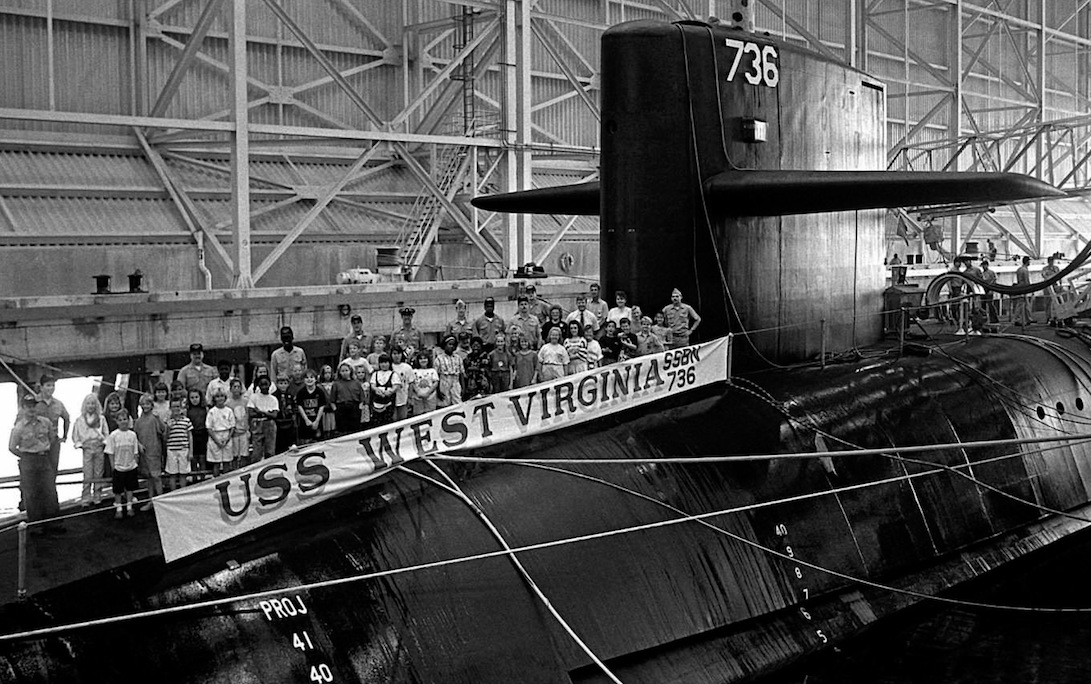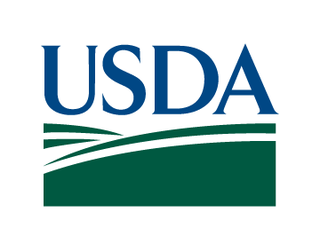Editor’s Note: The WVPA is posting this material for readers and as a convenience to our member newspapers.
Charleston, W.Va. – The following events happened on these dates in West Virginia history. To read more, go to e-WV: The West Virginia Encyclopedia at www.wvencyclopedia.org.
Oct. 16, 1859: John Brown and his raiders captured the arsenal at Harpers Ferry, but they were soon besieged by the local militia and federal troops. The raid galvanized the nation, further alienating North and South and drastically reducing any possible middle ground for compromise.
Oct. 16, 1922: The Rev. Leon Sullivan was born in Charleston. In 1977, Sullivan initiated the original Sullivan Principles, a code of conduct for companies operating in South Africa. The Principles were among the most effective efforts to the system of apartheid.
Oct. 17, 1859: Heyward Shepherd, an African-American, was killed by John Brown’s raiders at Harpers Ferry. Shepherd was a porter at the local railroad station and a property owner in nearby Winchester, Virginia.

Oct. 18, 1941: William “Billy” Cox was born in Wheeling. He is one of two bassists to have played regularly with legendary guitarist Jimi Hendrix.
Oct. 19, 1894: Historian and illustrator Julius Allan DeGruyter was born in Charleston. A self-taught painter and illustrator, DeGruyter’s art appeared in numerous exhibits and is represented in the collections of the State Museum. The artwork includes scenes of early Charleston.
Oct. 20, 1990: The current USS West Virginia was commissioned. The USS West Virginia is an Ohio Class Trident ballistic missile submarine that is 560 feet long, 42 feet wide, and displaces 18,750 tons when submerged.

Oct. 21, 1865: Bishop Matthew Wesley Clair Sr. was born in Union. He was one of the first African-Americans elected as a bishop in the predominantly white Methodist Episcopal Church.
Oct. 21, 1918: Hulett Smith was born in Beckley. In the 1964 gubernatorial primary Smith carried 53 of the state’s 55 counties, receiving more votes than his three opponents combined.

Oct. 22, 1693: Lord Thomas Fairfax was born in Kent, England. He inherited five million acres in Virginia, land that included much of the present Eastern Panhandle of West Virginia.
Oct. 22, 1734: Frontiersman Daniel Boone was born in Pennsylvania. In 1788, Boone and his family settled near the mouth of the Kanawha River. He represented Kanawha County in the Virginia General Assembly in 1791.
Oct. 22, 1821: Collis P. Huntington was born in Harwinton, Connecticut. In 1869, Huntington purchased the Chesapeake & Ohio Railway and set about extending its tracks from Richmond across southern West Virginia to the Ohio River. There, in 1871, he established a new city bearing his name.

Oct. 22, 1977: Construction of the New River Gorge Bridge was completed after three years of work. The New River Gorge Bridge in Fayette County is one of West Virginia’s best-known landmarks. It is the second-highest bridge in the United States.
e-WV: The West Virginia Encyclopedia is a project of the West Virginia Humanities Council. For more information contact the West Virginia Humanities Council, 1310 Kanawha Blvd. E., Charleston, WV 25301; (304) 346-8500; or visit e-WV at www.wvencyclopedia.org.






